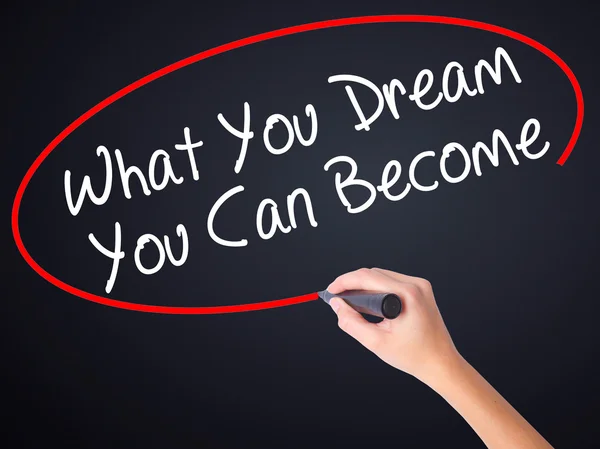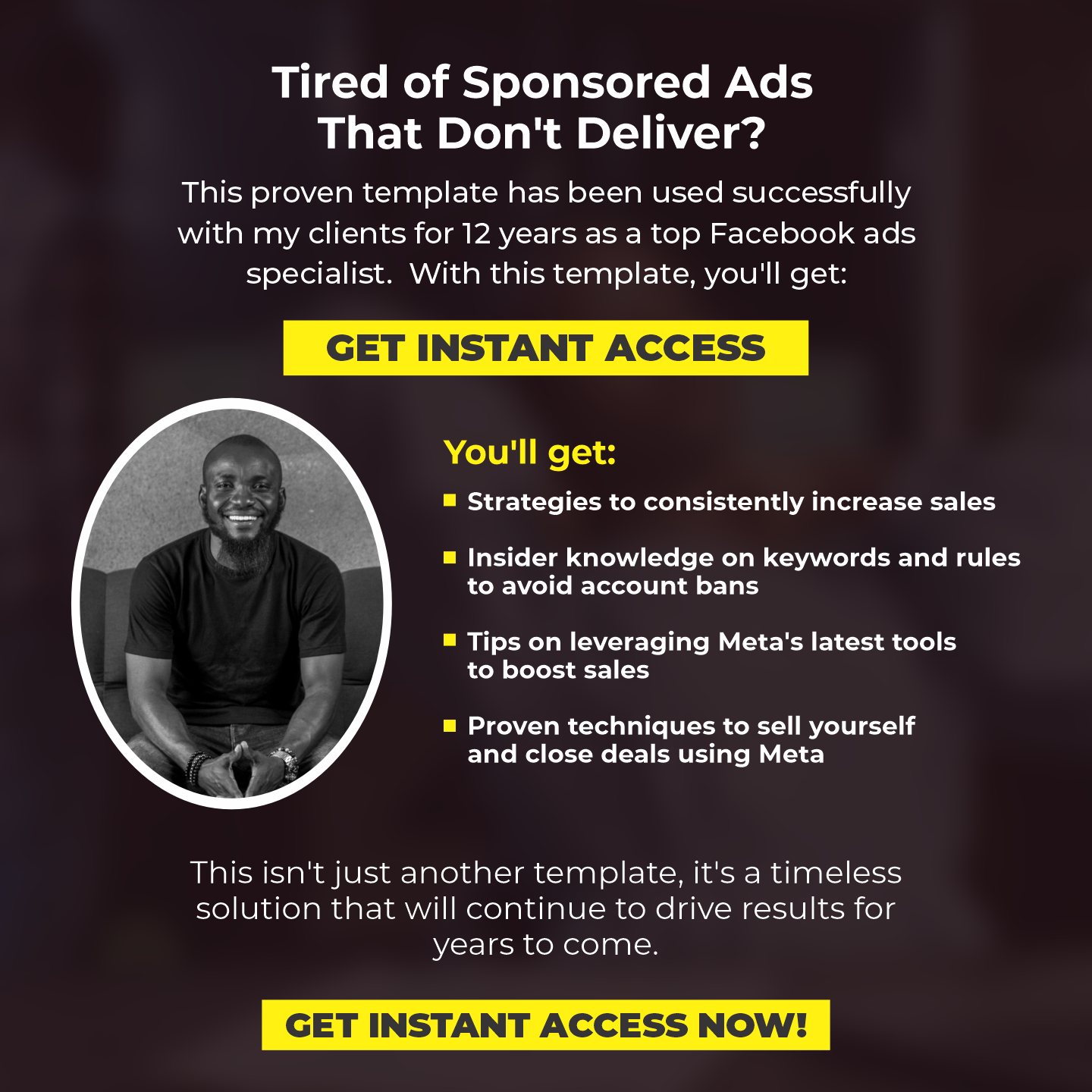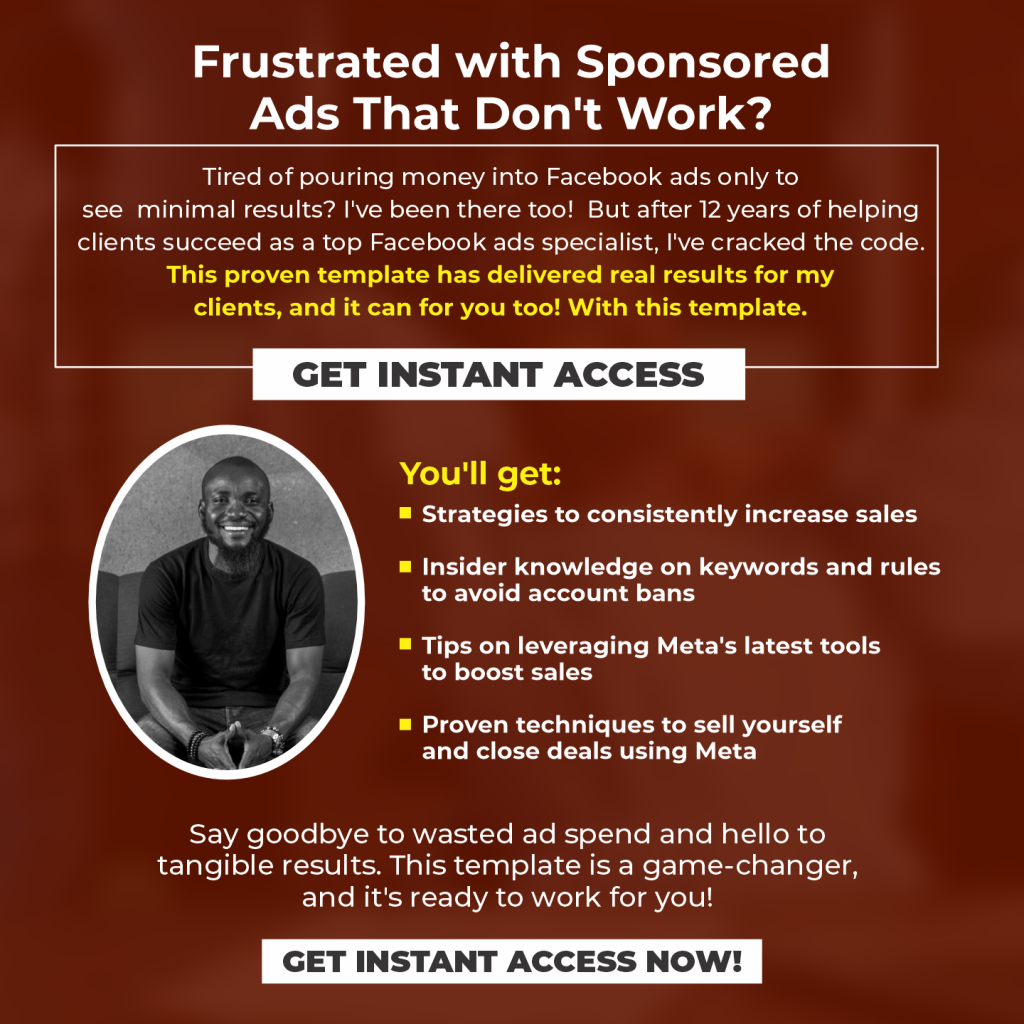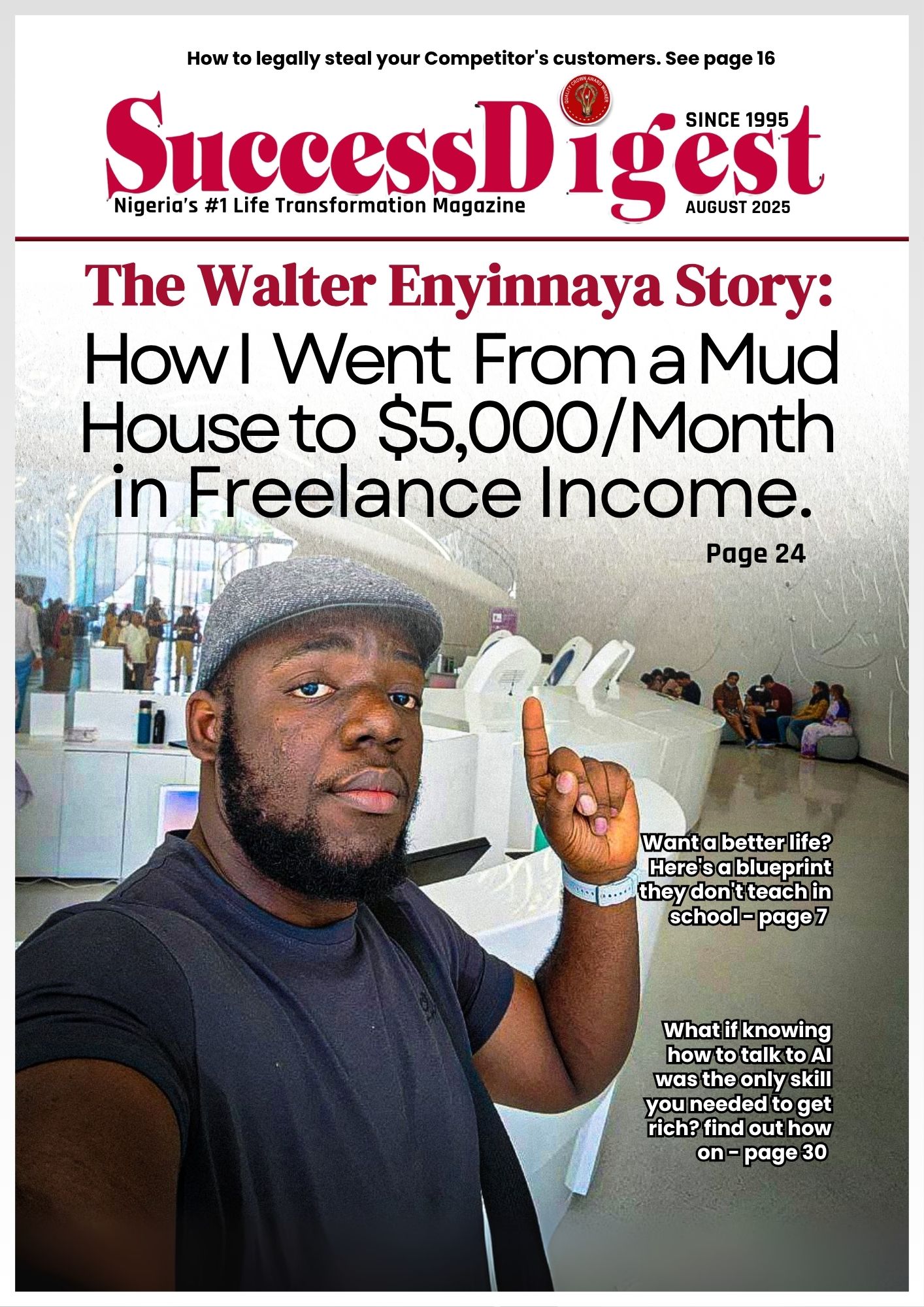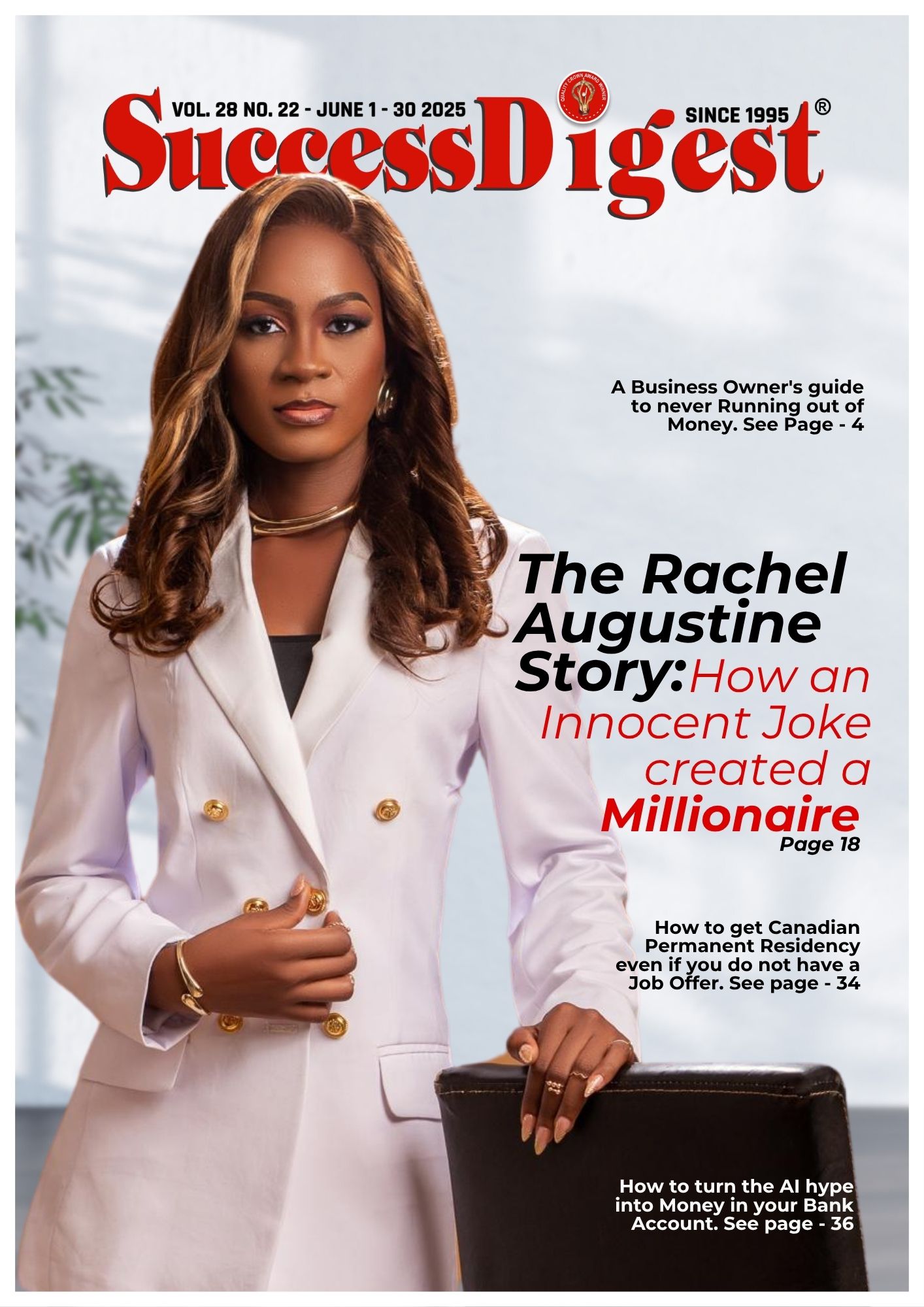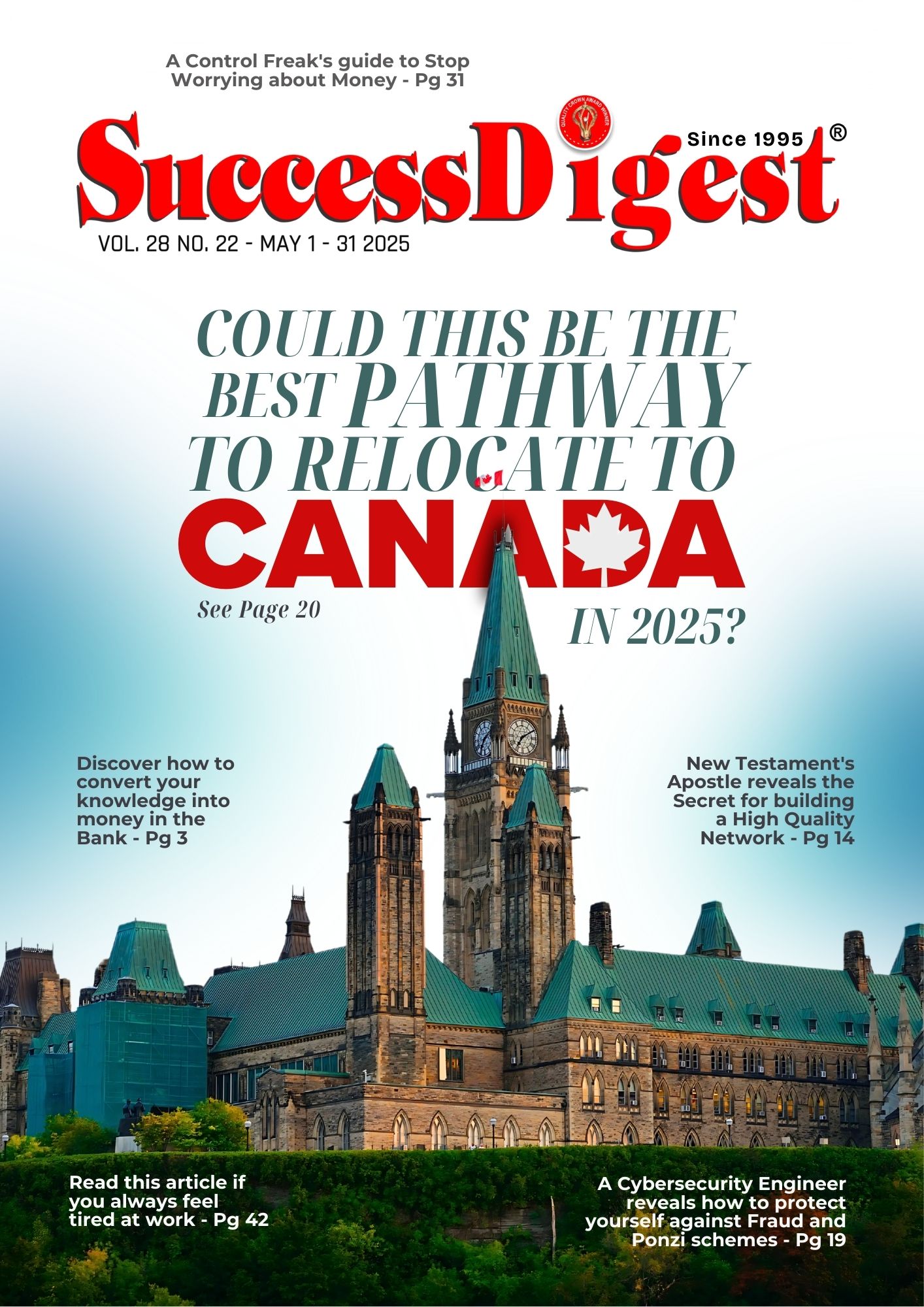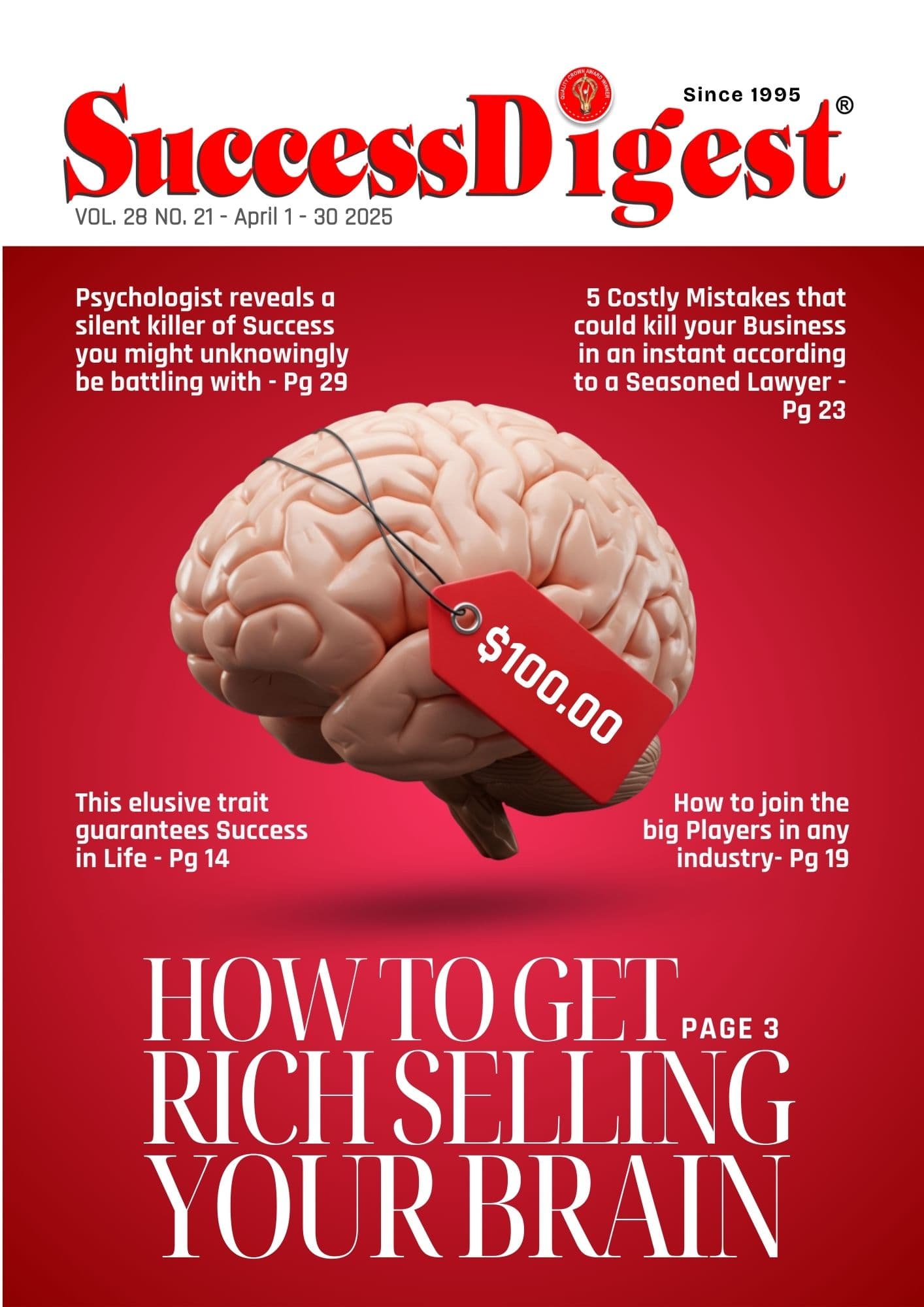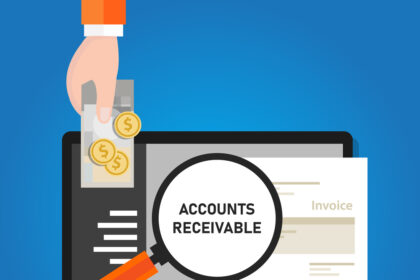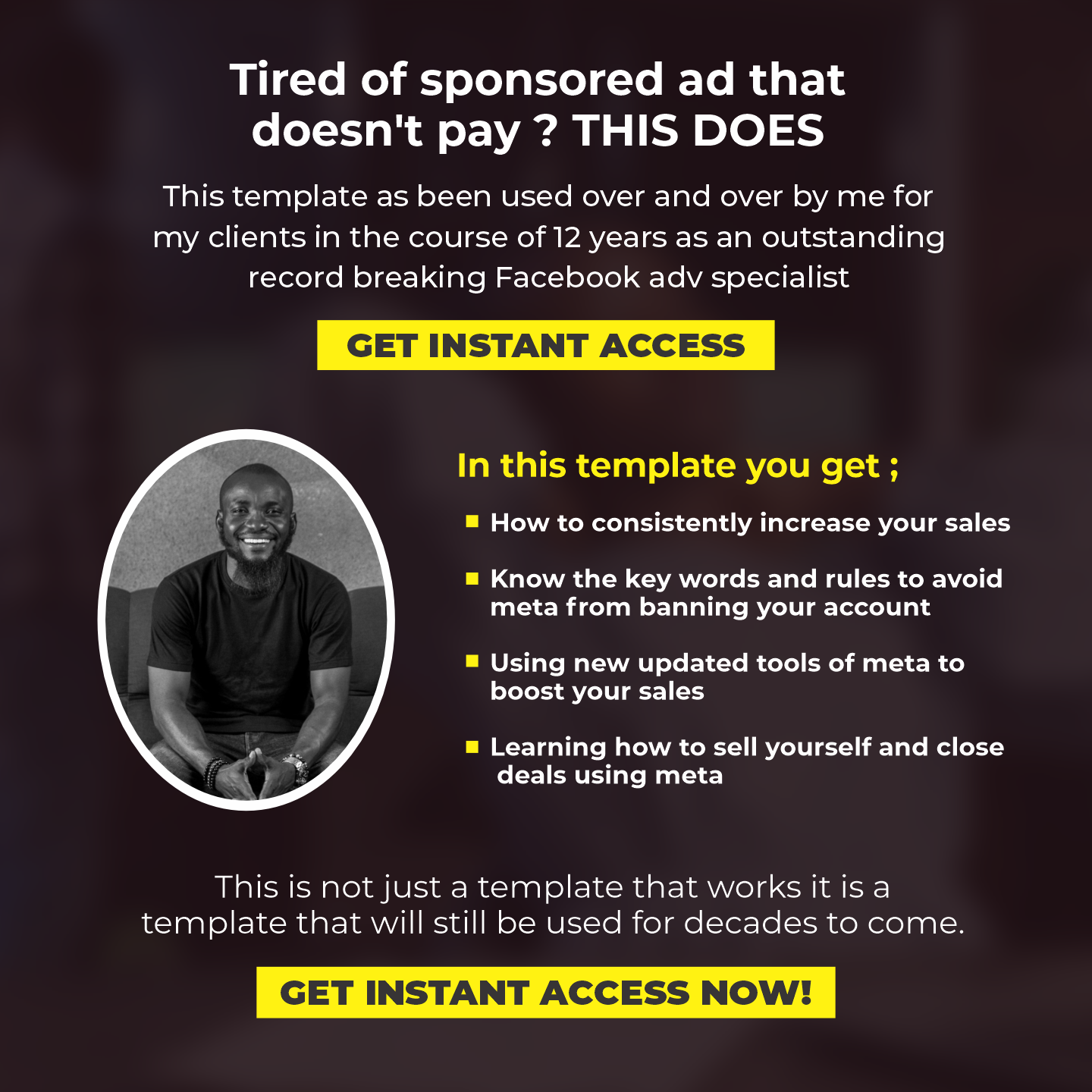“If you want to be a writer, you have to write.”…I was 16 years old when my father said those kind and cruel words to me. I never forgot them.
The first time I can remember wanting to be a writer, I was 11 or 12 years old. I’d written a poem for Sister Mary Something at school. My rhyming quatrain (AABB) was titled, pretentiously, “How Do I Know the World Is Real?“
I was at the kitchen table when my father started reading it over my shoulder. I felt anxious. My father was a credentialed writer, an award-winning playwright, a Shakespearean scholar, and a teacher of literature, including poetry. I’d seen him, on Saturday mornings, hunched over student essays, muttering and occasionally reading aloud passages to my mother that sounded perfectly good to me but elicited derisive laughter from them.
My father understood the secret-to-me clues of good writing. I didn’t feel at all comfortable having my fragile young poem exposed to the awesome danger of his critical mind. So there I sat, hoping he would go away. But he didn’t. I felt his hand on my shoulder, gentle and warm.
“You may have a talent for writing,”
He said; I wrote lots of poetry in the months that followed and began to think of myself as a writer. I liked that feeling. But soon other interests football, the Junior Police Club, and girls crowded themselves into my life. Gradually, I wrote less and less. I still yearned to be a writer, so I felt guilty about not writing.
To assuage my guilt, I promised myself that my other activities were “life experience” and that I needed life experience to become the good writer I wanted to be. In developing this excuse for not writing, I was building a structure of self-deception that many people live inside when they abandon their dreams. From the outside, it looks like you are doing nothing. But from the inside, you know that you are in the process of becoming, which, you convince yourself, is the next best thing to be.
That was the shape of my delusion when my father said,
“If you want to be a writer, you have to write. A writer is someone who writes.”
So many people live their lives failing to become what they want to be because they can’t find the time to get started. How many times have you heard someone say that one day, they will do what they always wanted to do-travel the world or paint paintings or write a book? And when you hear sentiments like those, what do you feel? Happy, because you are confident that one day they will accomplish their long-held goal? Or sort of sad for them, because you are pretty sure they never will?
And what about you? What is it that you want to be but haven’t become? What goal or project or task do you keep talking about accomplishing yet never do?
Also Read: Success Requires Down Payment
When my father told me that “writers write,” he was saying two things:
- I had lost the right to call myself a writer when I stopped writing.
- I could regain the title the moment I started writing again.
If you spend a while ruminating on this, you may find it both disturbing and liberating.
I was disturbed because I wanted my father to say that the way to become a writer was to read books about writing and then take courses on writing and then perhaps become an apprentice to a writer and then begin writing little bits here and there. And that, finally, after 3 or 10 years of education, preparation, and qualification, I would somehow automatically be a writer.
But as long as I was studying writing or preparing myself to be a writer and yet not actually writing wasn’t a writer. It was as simple as that.
Lots of people feel that they can keep their dreams alive and derive some of the ego satisfaction they hope their dreams will give them simply by living in a state of becoming.
“I am not yet the person I want to become, but so long as I continue to express a wish to become that person, I keep that possibility alive and deserve credit for doing so.”
To become a writer, the first thing I had to do was refuse to accept any psychological credit for wanting to be a writer. After the initial disappointment of giving up the delusion that becoming was as good as being, I had no choice but to jump over the becoming stage and simply be.
I did that by writing every day, and when I learned the secret of getting up early and writing first thing in the morning hours before other people trailed into work that’s when I began to really live my dream.
These days, I fire up the computer in my home office by 7:30 each morning. There is no better feeling than to get going first thing, usually by making entries into my journal, but sometimes by tackling something tougher, like a book chapter. Of the many pleasures of being a writer-finishing a manuscript, collaborating with editors, seeing a copy of the book for the first time, and even making it to bestseller lists-the purest and finest for me have always been the first few hours of the morning when I am in that writerly groove.
The best part about being a writer, I have discovered, is the writing. (It is also the worst part, but that’s another story.) And this is true, I think, for every skill or profession.
The easiest way to become something special is also the fastest: Just start doing it. Don’t wait for the “right” time. Don’t worry about not being qualified. And don’t worry about getting paid for it. Just start doing It.
- You want to become a musician? Start playing that piano.
- You want to become a philanthropist? Start investing your money.
- You want to become a basketball player? Start shooting those hoops.
- Don’t spend another minute talking about what you will do one day.
When To Doubt Yourself
Gurus of success often speak of self-doubt as if it were a damning trait. Inspirational author Wayne Dyer put it this way in his book Your Sacred Self: Making the Decision to Be Free:
“Keep in mind always that doubt is produced by your ego. Doubt is not a part of your higher spiritual self. With this awareness you can learn to observe your doubt rather than choose to own it. . . . Then observe how doubt literally forces you to act in predetermined and limited ways.”
In fact, questioning your ability to accomplish a desired goal is a healthy and intelligent way to begin any challenging objective, especially so when that objective is your career. Unbridled optimism in the face of near-impossible or impossible odds is another term for foolishness.

If you want to lead a life of maximum accomplishment and minimum heartache, you should adopt an approach to challenge that is one part confidence, one part caution, and one part enthusiasm.
I met a 50-something-year-old woman at a seminar recently who told me that she was going to create a million-dollar business in five years by writing and illustrating poems. If her financial target weren’t crazy enough to give her pause, her business goal should have been. And if her business goal weren’t bonkers enough, a modest assessment of her writing skills (she showed me one of her poems) should have cooled her down.
When I suggested that, before committing to this career change, she study the children’s book market and/or read my book Seven Years to Seven Figures, she looked at me as if I had slapped her.
“Don’t you believe in positive thinking?”
she asked.
“I believe, positively, in thinking,”
I said. And I left it at that.
To give yourself the best chance of achieving the possible, the right mental mix is a clear, focused, and conscious ambition based on knowing a good deal about both yourself and the thing you are trying to do.
And that starts with asking some tough questions:
- Is my goal realistic?
- Has it ever been done before?
- If so, how often?
- How often has it been tried unsuccessfully?
- What are the statistical odds of succeeding?
- Do I have what it takes?
- Do I have the intelligence?
- The capacity to learn?
- The emotional stamina to succeed?
On this subject, Sheila, an Early to Rise reader who also is a middle-aged woman, writes:
I had an assignment 35 years ago to write a short story and submit the manuscript to a publisher for a grade in my Children’s Literature class. I didn’t receive favorable results and gave up my dream of writing stories for children.
I am now retired, [and] the urge to write is stronger than ever.
What steps should I take to determine if I have any talent or should leave it alone?
Kudos to Sheila her career ambition, thwarted by a single negative review when she was younger, has resurfaced, and she has the good sense to ask this sensible question before leaping forward.
Doubt is not the opposite of faith; it is one element of faith. -Paul Tillich
The short answer to her question is this: Based on the little sample of writing her note provided, I believe she does have the raw talent to write short stories for children. Writing is a skill that can be learned. Writing stories for children is a special skill, the techniques of which are available in many books and programs.
To learn that skill, Sheila will need to devote between 600 and 1,000 hours to such books and programs. But before she does that, she should make a frank assessment of her chances of making any kind if decent money as an author of children’s books, and whether she IS financially prepared to devote several years to this process without any financial recompense.
Finally, she must imagine herself spending four or five hours of every day sitting alone and tapping on a keyboard. If she hasn’t spent any time doing that since college, then she might want to take a week of days right now to see if the actual, quotidian experience of writing is as rewarding as she has been imagining.
Talking to professional children’s book writers is a good preliminary step to take. In a few short hours of casual conversation, Sheila can benefit from the experience of people who have done what she wants to do.
None of what I am saying right now should stop Sheila from becoming a story writer for children. All of the aforementioned advice was meant to answer her question-which was about assessing her chances of getting the skills she needs to make her dream into a career.
If Sheila’s goal is simply to become a writer of children’s stories, she should start writing them immediately. She should study the guides as she goes, but the ultimate learning will take place with the writing. And the writing can begin right now- even before she is sure she wants to make writing a career rather than just a beloved avocation.
Sheila should keep in mind a point I’ve made many times: You can’t become something, such as a writer, by studying to be it. You become that thing the moment you start doing it every day. If Sheila starts writing children’s stories today and keeps on writing them for a year, next year at this time she will be not only better at the writing, she will be able to call herself a writer.
Taking The Big Leap
Sometime in your business career, you will have a chance to do something or sell something-and it will be obvious to you that you are looking at a great opportunity. However, you will realize that you simply don’t have the time, the knowledge, or the resources to meet that challenge. If you are sensible, you will probably say “No thanks,” and bow out. But if the opportunity is really extraordinary you might want to try the Grand Canyon Jump.
I’m thinking of Robbie Knievel’s now-famous motorcycle jump over the Grand Canyon. (Robbie Knievel is the son of legendary dare devil Evel Knievel.) The story I heard was that the idea was based on his father’s failed attempt at the same stunt.
I remember one of the very first times I took a “Grand Canyon Jump“-albeit in a much less bold way. It was more than 10 years ago.
Early to Rise was brand new, and I was still learning how to apply my direct marketing background to the Internet. I got an invitation to speak at a seminar about Internet marketing. Trouble was, I knew next to nothing about the subject. Certainly not enough to make a speech about it. (Number One Rule of Effective Speaking: Know what you’re talking about.)
But I agreed to make the presentation because I figured it would force me to think about this important and growing part of my business. Not only did I agree to talk, I agreed to a title for my speech (“7 Myths About the Internet and 7 Ways to Profit from It“) that was given my experience at the time audacious.
Since then, I have made the leap many times. (This is what’s behind my “Ready, Fire, Aim” philosophy.)
When I really want to do something but have no idea how to do it, I don’t just agree to do it- I promise myself that I will do it very well. I set a high hurdle for myself I suppose what I’m doing is fueling my drive with the fear of humiliation nd it works most of the time.
In the case of my “7 Myths About the Internet” speech, I pushed myself because I had to. By reading about what others have done. Observing what my own employees were doing-what was working and what was failing miserably. Trying some stuff on my own. And I made remarkable progress. In fact, after only two months, I had gotten to the point where 80 percent of what I read about Internet marketing either bored me because it was so simple or infuriated me because it was so obviously wrong.
As the weeks passed and the day of the presentation grew nearer, I found myself thinking harder about the subject. More than ever, I was aware of how other media I was well-versed in (direct mail, print advertising, and so forth) reminded me of the Internet. Bit by bit, Ideas were coming together.
When the event finally took place, I had come up with about a dozen useful ideas and observations that felt right. Many of these defied conventional wisdom. Then, when I heard what other presenters were saying their accounts of what succeeded and failed for them it all made sense.
My presentation worked. It felt good. I was full of energy when I gave it, thinking, “Hey, this really is important!” And I got a good reaction from the audience. Most important, I got what I hoped to get: a foundation of ideas that have helped me and will continue to help me make money on the Internet.
These days, trying to do anything in addition to holding onto your job may seem like an enormous challenge. And rightly so. But that’s all the more reason to make the Grand Canyon Jump.
Think about one thing that you have not done or declined to do that could be very good for your career long-term. It could be something general, like learning how to sell on the Internet … or something more specific, like making your next sales presentation or pay-per-click campaign work. .
The next step is to announce your intention. Contact the appropriate parties and let them know what you’ve decided to do.
Finally, set a high standard for yourself. Set the standard so high that it seems foolish or pretentious and then start thinking about how you can actually achieve it.
You can’t change the laws of physics. Robbie Knievel jumped over a “narrow” segment of the Grand Canyon rather than going for its widest section. But he got over it. And it gave him not only the temporary career boost he was looking for but also a stunt that he will always be remembered for.
So what’s it going to be? When and how are you going to make your Grand Canyon Jump?
Also Read: Motivation Is Not Enough

